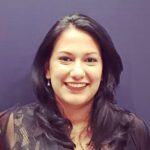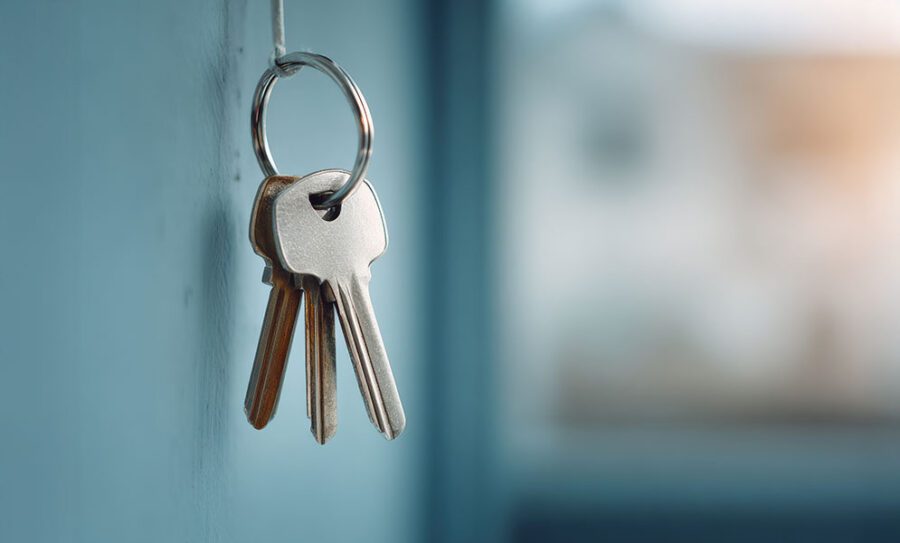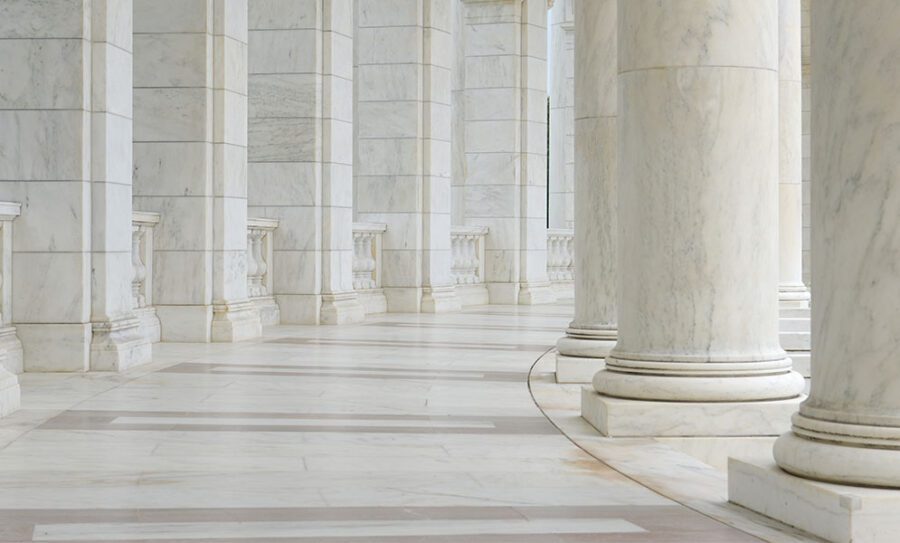When I was a child, a door-to-door salesman convinced my father to purchase The Harvard Classics—a costly investment that horrified my mother and surprised us all, since my father rarely entertained salesmen. Yet both my parents viewed those books as an investment in generational wealth, using “wealth” in its original Middle English sense of “wele,” meaning well-being. True wealth, after all, isn’t measured in dollars alone.
How Books Created Generational Wealth
Those books opened an entirely new world to me as a child. Through timeless stories, I learned about duty, honor, sacrifice, and perseverance. These classics created an insatiable hunger for truth and built a storehouse of wisdom that guided me through life’s most difficult circumstances. My father’s investment provided exactly the kind of wealth he desired for me—the kind needed to overcome poor decisions and continually grow as a human being.
The Collision with Modern Education
When School Priorities Conflict with Family Values
Years later, when I had children of my own, I discovered that our public education system had different priorities. The school’s values often conflicted with our family’s, particularly when my daughter showed more excitement for a STEM-focused book than for reading Narnia with me. Although I’m not opposed to STEM, I recognized this as the result of a campaign designed to influence my daughter’s passions, and it raised an uncomfortable question: Why should the school have more influence over my child’s education than her own parents?
The Truancy Wake-Up Call That Changed Everything
The breaking point came when both children informed me their classes would spend the day watching movies while teachers had prep time. I took them to the zoo instead and received a truancy letter. Again, I wondered: Why are the school’s priorities automatically more important than the parents’?
Reclaiming Educational Investment
Learning from Family: The Power of Alternative Education
That’s when I remembered my father’s investment. He had sacrificed something significant to own even a part of his children’s education. Private school wasn’t financially feasible for our family then, and my parents didn’t understand that homeschooling was an option. However, my aunt later set a new precedent when she homeschooled my cousins and bartered cleaning services for math tutoring. There was a better way.
We didn’t have to co-parent with the government, but it would require an investment. Following my aunt’s example, I pulled my second and third graders from public school and felt immediate freedom knowing I could center their education around the timeless stories my father had gifted me decades earlier.
The Three-Generation Homeschooling Legacy
Building Character Through Classical Education
Now, at the end of our homeschooling journey, I’m confident our investment was worthwhile. The years of meaningful conversations, challenging academics, and character-building stories have created a storehouse of wealth that will serve my children for life.
Creating a Family Legacy of Educational Excellence
In a world obsessed with financial wealth yet plagued by rising depression and broken families, we need a different definition of prosperity. The Harvard Classics that began as my father’s impulsive purchase, combined with my aunt’s willingness to barter cleaning services for educational help, have become a three-generation legacy. Many of my family members have now chosen alternative education paths, several of whom are homeschoolers.
The True Return on Investment of Homeschooling
As parents, we face a choice: co-parent with the government while chasing government initiatives that may not serve our children well, or fully own our children’s education and model that their education is worth our investment.
The Three-Generation Investment
This three-generation story illustrates a simple truth: educational investments that prioritize character, wisdom, and truth create wealth that compounds across generations. My father’s seemingly impulsive purchase of The Harvard Classics became the foundation for our family’s educational philosophy. My aunt’s creative bartering showed us that alternative paths were possible. And our decision to homeschool demonstrated to our children that their education was worth any sacrifice.
That salesman who knocked on our door decades ago was selling more than books—he offered a pathway to human flourishing that money alone could never buy. It may have been the best investment my father ever made.





